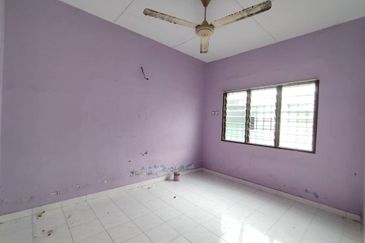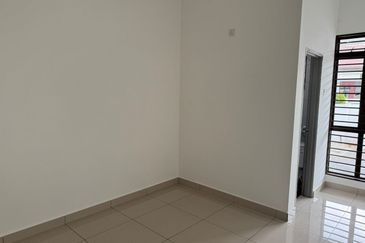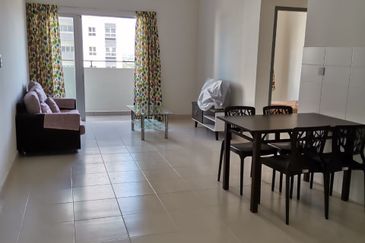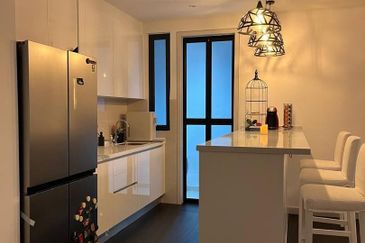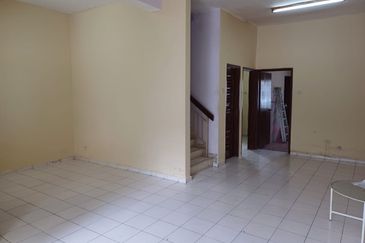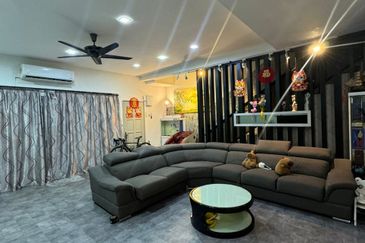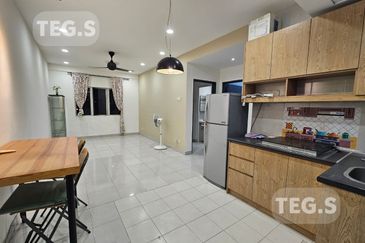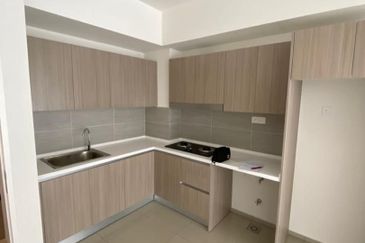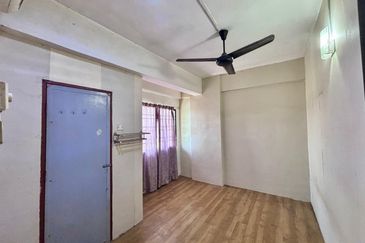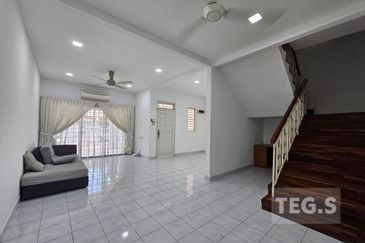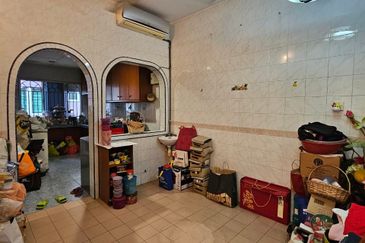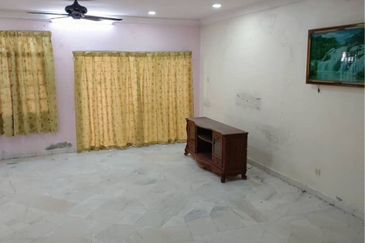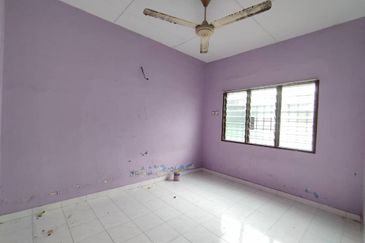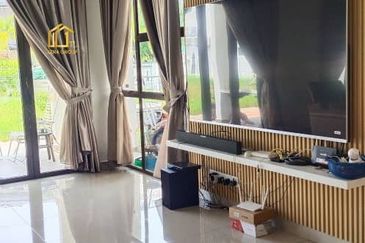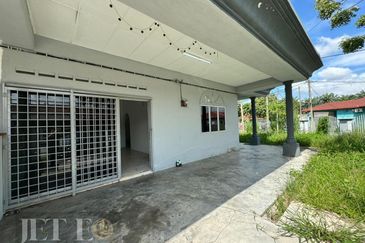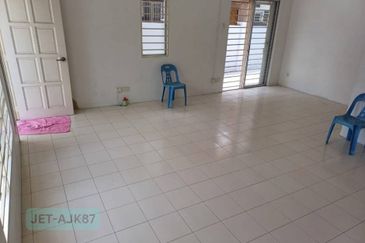
Singapore’s online shopping isn’t flourishing, even following the launch of Amazon Inc’s Prime service in mid-2017.
The malls on the island plan to keep it that way.
Falling rents and rising vacancies within the mall have forced landlords to reposition. Yoga studios, boxing gyms and climbing walls, an expanded food and beverage selection, are meant to encourage more people to spend time, and hopefully, shop.
Bloomberg reports that while this is a tactic often tried in other places, in Singapore, online shopping penetration ranks behind Slovakia and Greece in the city-state, leaving it at a relatively low level, for developed economies. Just 5.7% of total sales were online in 2017, up from 2.1% in 2012, Euromonitor data cited by the publication shows. The government is also weighing a tax on e-commerce imports from 2020.
At present, it seems that the malls are having their way.
VivoCity, the largest shopping center on the island, saw the number of visitors rise by 3.1% in the six months through Sept 30 from a year earlier as owner Mapletree Commercial Trust added an arcade complete with a full-sized bumper car ring.
However, actual shopping has fallen.
Other malls feature cooking classes and complimentary yoga sessions. CapitaLand’s Clarke Quay will serve up margaritas while you play a round of indoor mini golf. CapitaLand’s Westgate mall and Funan mall will feature an ABC Cooking Studio, with bread-baking lessons or classes on how to make wagashi, traditional Japanese sweets.
Shopper traffic for CapitaLand Mall Trust, with its portfolio of 15 centers, fell 1.8% over a period of nine months, as compared to a year ago, while tenants’ sales per square foot climbed 0.5%.
“While the current market share of online sales is small, its pace of growth will only speed up as tomorrow’s consumers enter the market,” CapitaLand chief executive officer Lee Chee Koon was quoted as saying in September, at a ceremony to mark the new Funan center. “Brick-and-mortar businesses must go beyond passively selling products and services to generating quality retail experiences and emotional connections.”
Amazon Prime almost immediately following its launch, faced delivery delays, making it seem an unattractive option for shoppers who can find retail stores just minutes away. Singapore vies with Hong Kong for the most retail space per capita in Asia.
Activity-based tenants keep malls up in the numbers for footfall and retail rents, says data by Cushman & Wakefield Inc. But while increased traffic is driven by the range of new activities, the money hasn’t followed a similar increase.Rents have declined by 18% over the past year, and vacancies rose in the quarter through September, to 7.6%, Bloomberg reports, citing data from the Urban Redevelopment Authority.
An estimated 803,000 square feet of retail space is coming online in the next 15 months, which means rents will remain under pressure, says Huey Ying Tay, head of research for Singapore at JLL.
“Until brick-and-mortar retail stores manage to convert foot traffic into in-store purchases, rentals are expected to remain subdued,” she was quoted as saying.
TOP PICKS BY EDGEPROP
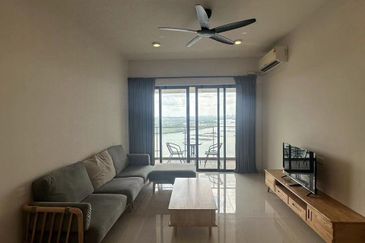
Kings Bay Country Garden @Danga Bay
Johor Bahru, Johor
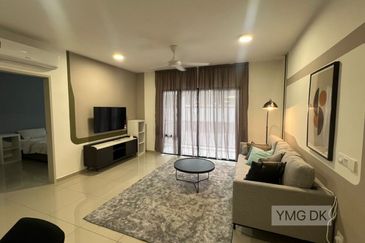
Duduk Huni @ Eco Ardence
Setia Alam/Alam Nusantara, Selangor
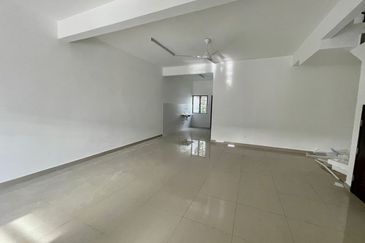
Pangsapuri Arista @ Bandar Parklands
Klang, Selangor
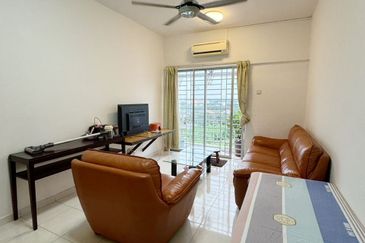
Pelangi Heights Condominium Phase 2
Klang, Selangor


